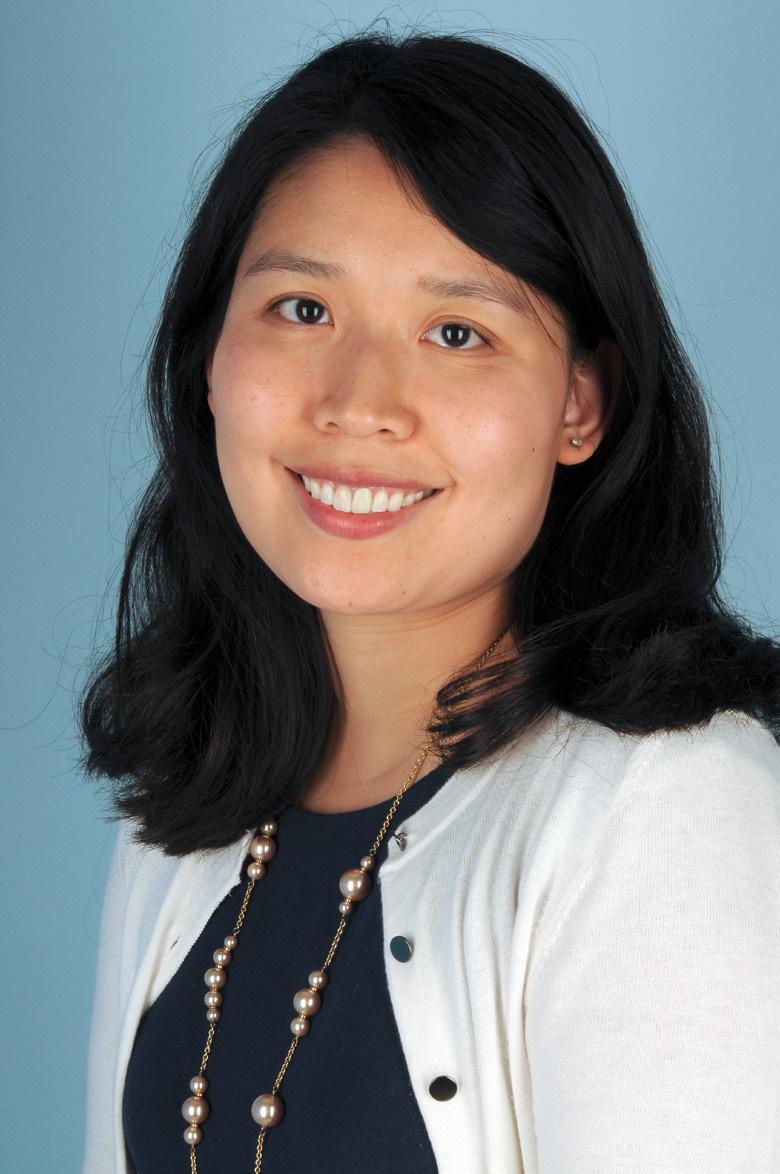
2 minute read
Patient Group Workshop on Cell and Gene Medicine Research & Treatments
In February, the IPPF participated in a workshop for patient organization leaders sponsored by the Alliance for Regenerative Medicine. The workshop focused on educational resources for cell and gene medicine. There are still many things we need to learn about pemphigus and pemphigoid (P/P), and the IPPF strives to be at the forefront of emerging therapies. Although the idea of this technology is very new to P/P, cell and gene medicine has the potential to dramatically improve our health and quality of life.
Prescription medications for P/P are typically used to manage disease, mitigate symptoms, and relieve pain. The idea behind cell and gene therapy is to target the exact cause of the disease so people with P/P no longer have recurring symptoms, ideally after a single treatment.
Advertisement
Many diseases or debilitating health conditions are caused by one or more genetic changes that occur inside the body. These diseases or conditions are caused by defective genetic code and have few treatment options. Today's conventional therapies often treat the symptoms of the disease or slow down the disease. Physicians use cell and gene medicine to try to resolve the underlying genetic defect.
Potential Impact on P/P
Cell therapy is when doctors inject viable cells into a patient’s body to grow, replace, or repair damaged tissue to treat a disease. CAR T-cell therapy, which is a recent innovation, removes special immune system cells from blood and changes the cells so they recognize, attack, and kill diseased cells.
Gene therapy is when doctors put healthy genetic code into a patient’s body with the goal of preventing disease, reducing further damage and pain, and even potentially curing the patient. If a mutated gene causes an important cell-building protein to function poorly, gene therapy may be able to restore the function of the protein. Currently there are no gene therapies for P/P; however, the IPPF will continue to investigate and support studies that lead to a better understanding of these types of therapies to determine if a cure can be reached.
Within the field of cell and gene medicine, the study and application of regenerative medicine uses a combination of both tissue engineering and molecular biology. This new field brings together many experts from multiple fields to find solutions to some of the most challenging health issues in medicine. Regenerative medicine has the potential to restore, maintain, improve, or replace damaged tissue.
The IPPF plans to continue collaborating with the Alliance for Regenerative Medicine and scientists to advance our understanding of these new technologies and to educate all those affected by P/P. This is an exciting time in medicine and for the IPPF community. The more we can learn about the cause of our diseases and the mechanisms that activate them, the sooner that knowledge will help us find a cure.
Marc Yale was diagnosed in 2007 with cicatricial pemphigoid. In 2008, he joined the IPPF as a peer health coach and was promoted to executive director in 2016. Marc currently resides in Ventura, California, with his wife Beth and daughter Hannah.









